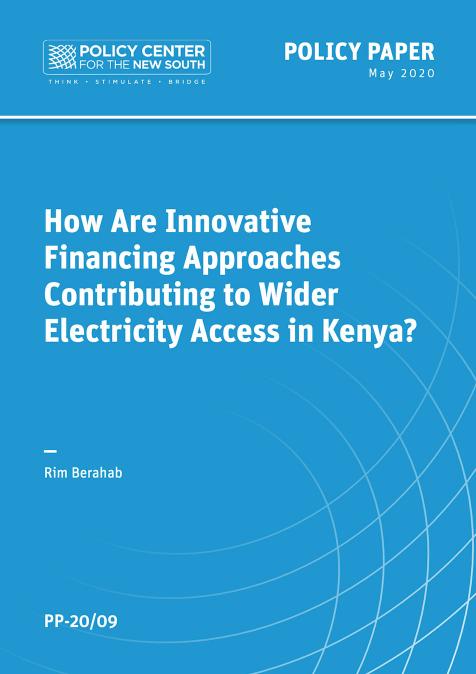Podcasts
New Tools, Big Impact: Financing Africa’s Green Transformation
Africa is experiencing a significant economic transformation driven by innovative financing solutions. New tools such as performance-linked instruments and debt-for-nature swaps are helping African nations achieve their climate goals while unlocking substantial economic potential. Mobilizing domestic capital, attracting private sector investments, and securing support from multilateral development banks are crucial elements of this transformation. Despite unique challenges, Africa presents vast opportunities in the global shift toward green growth. A systemic approach is necessary to build trust and capacity within African governments to attract sustainable investment and promote long-term development.








